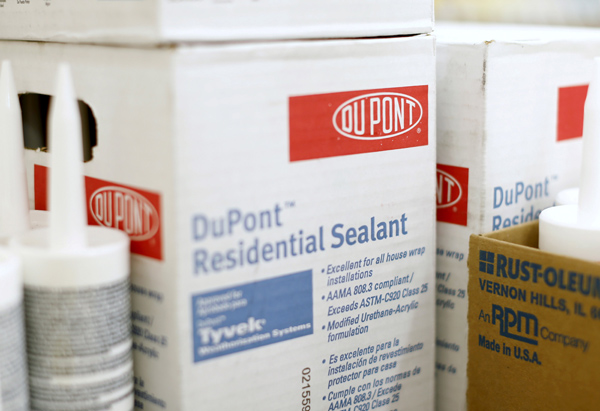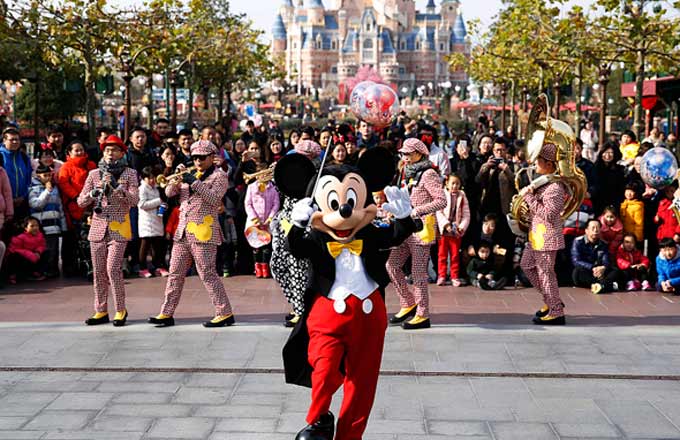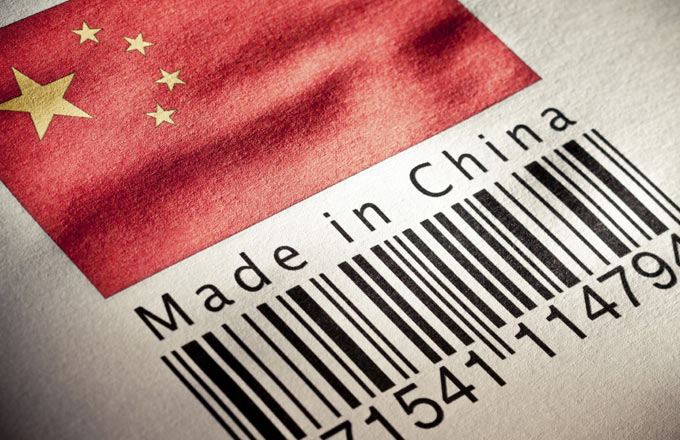China conditionally approves Dow-DuPont merger
 |
|
DuPont products are shown for sale in a hardware store in National City, California, Dec 9, 2015. [Photo/Agencies] |
BEIJING - China has decided to greenlight the merger of chemical giants Dow Chemical and DuPont after nearly a year of antitrust investigations, but asked the two to divest some businesses as preconditions of the approval.
The Ministry of Commerce said Tuesday in a statement that the merger will boost their market shares for some chemicals and limit competition in the Chinese market and beyond.
The two companies' dominance in pesticides, weed killer and several other products will likely increase after the consolidation of their marketing power and R&D division, which will dampen the rise of competitors, negatively impact technological advancement, and hurt downstream dealers.
The ministry believes the post-merger conglomerate will control nearly 40 percent of China's weed killer market, 75 percent for acid copolymers and 100 percent for ionomers. The proportions are similar globally.
Businesses, assets and R&D facilities of those products should be divested, and the new company should ensure supply in reasonable prices in China in the next five years, according to the statement.
The Dow-DuPont merger was also approved by the European Union on similar conditions in March.
In a press release last week, Dow said it plans to start spin-offs within 18 months of the closing of the merger in August, with the Material Science Company the first to be separated.
Announced at the end of 2015, the merger will create a new chemical giant worth up to approximately $130 billion with three independent, publicly traded companies. Dow and DuPont shareholders will each own about 50 percent of the shares.
Partly buoyed by the merger, Dow's global sales increased 23 percent year on year to $13.2 billion in the first quarter of the year, with China as its fastest-growing market followed by the United States and Europe.
The company highlighted China's role in its business expansion for now and in the future.
"China's transition to a consumption economy focused on domestic growth is progressing on a stable path, with strong growth drivers especially for Dow's products," said Andrew Liveris, Dow's chairman and CEO.

















